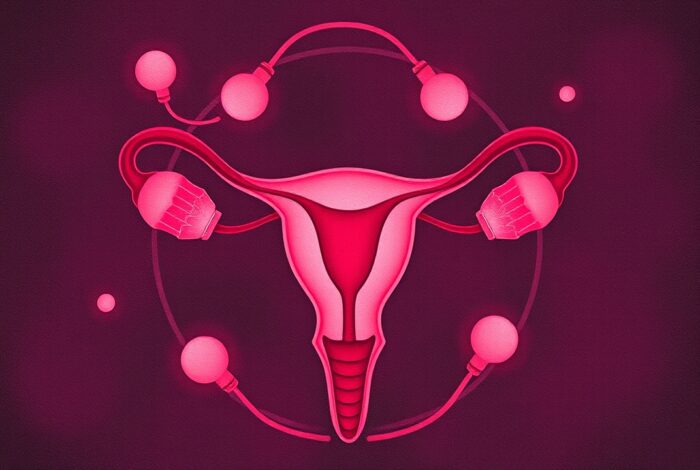Menstrual Cycle Length Calculator
Ever wondered why your period seems to have a mind of its own? You're not alone! Getting to know your menstrual cycle can feel like solving a puzzle, but I'm here to help you put the pieces together. Let's break down everything you need to know about calculating your cycle length and predicting your next period.
Why Calculate Your Cycle Length?

Knowing your cycle length isn't just about marking dates on a calendar. It's about understanding your body's natural rhythm. Whether you're planning a beach vacation (nobody wants surprises there!), trying to conceive, or simply wanting to feel more in control, calculating your cycle length can make a huge difference.
The Basics: How to Calculate Your Cycle Length
Your menstrual cycle starts on day one of your period and ends the day before your next period begins. Here's a simple way to figure it out:
- Mark the first day you start bleeding
- Count the days until your next period starts
- That total number? That's your cycle length!
Most women have cycles lasting between 21 and 35 days. But remember - your body isn't a robot! It's totally normal for your cycle to vary by a few days each month.
Using a Period Calculator: The Smart Way
Modern period calculators take the guesswork out of tracking. They use smart algorithms to predict your next period, fertile window, and ovulation dates. But here's the catch - they work best when you feed them accurate data.
To get started:
- Input the first day of your last period
- Add your typical cycle length
- Track for at least 3 months for better accuracy
Irregular Periods? No Problem!
If your cycles play hide and seek, don't worry. A period calculator can still help, but you'll want to track for longer - ideally 6-12 months. This gives the calculator more data to work with, helping it spot patterns you might miss.
Understanding Your Fertile Window
Want to get pregnant or avoid pregnancy? Your cycle length helps predict your fertile window. Most women ovulate about 14 days before their next period. A calculator can help you pinpoint these important dates, but remember - your body might have other plans!
Signs Your Calculator is Working For You
You'll know your calculator is on point when:
- It accurately predicts your next period within a day or two
- You notice patterns matching your physical symptoms
- Your tracked ovulation signs line up with the predictions
Beyond Just Dates: What Your Cycle Length Tells You
Your cycle length can reveal a lot about your health. Consistently long cycles (over 35 days) or short ones (less than 21 days) might signal underlying health conditions. Keep track of these patterns and share them with your doctor if something seems off.
Tools of the Trade: Choosing Your Calculator
There are tons of period tracking apps and calculators out there. Look for one that:
- Has an easy-to-use interface
- Offers period and ovulation predictions
- Lets you log symptoms and moods
- Provides cycle length averages
- Has backup options (because losing months of data is no fun!)
Tips for Accurate Tracking
- Log your period right away - memory can be tricky!
- Note any unusual symptoms
- Track for several months to establish patterns
- Include details about spotting or irregular bleeding
- Pay attention to cycle length changes
When to Talk to Your Doctor
While calculators are helpful tools, they're not medical devices. Chat with your doctor if you notice:
- Very irregular periods
- Extreme cycle length changes
- Unusual bleeding patterns
- Severe symptoms
Making the Most of Your Calculator
Think of your period calculator as a friendly health assistant. Use it to:
- Plan ahead for important events
- Pack supplies when needed
- Schedule medical appointments
- Monitor your reproductive health
- Track changes in your cycle over time
Ready to Start Tracking?
Getting started with a period calculator is simple. Pick a tool that fits your needs, input your data, and stay consistent with tracking. The more information you provide, the more accurate your predictions will be.
Remember, your menstrual cycle is as unique as you are. A calculator helps you understand your patterns, but don't stress if things aren't always perfectly regular. Your body knows what it's doing!
Ready to take control of your cycle? Start tracking today, and watch how much easier it becomes to understand your body's natural rhythm. You've got this!
